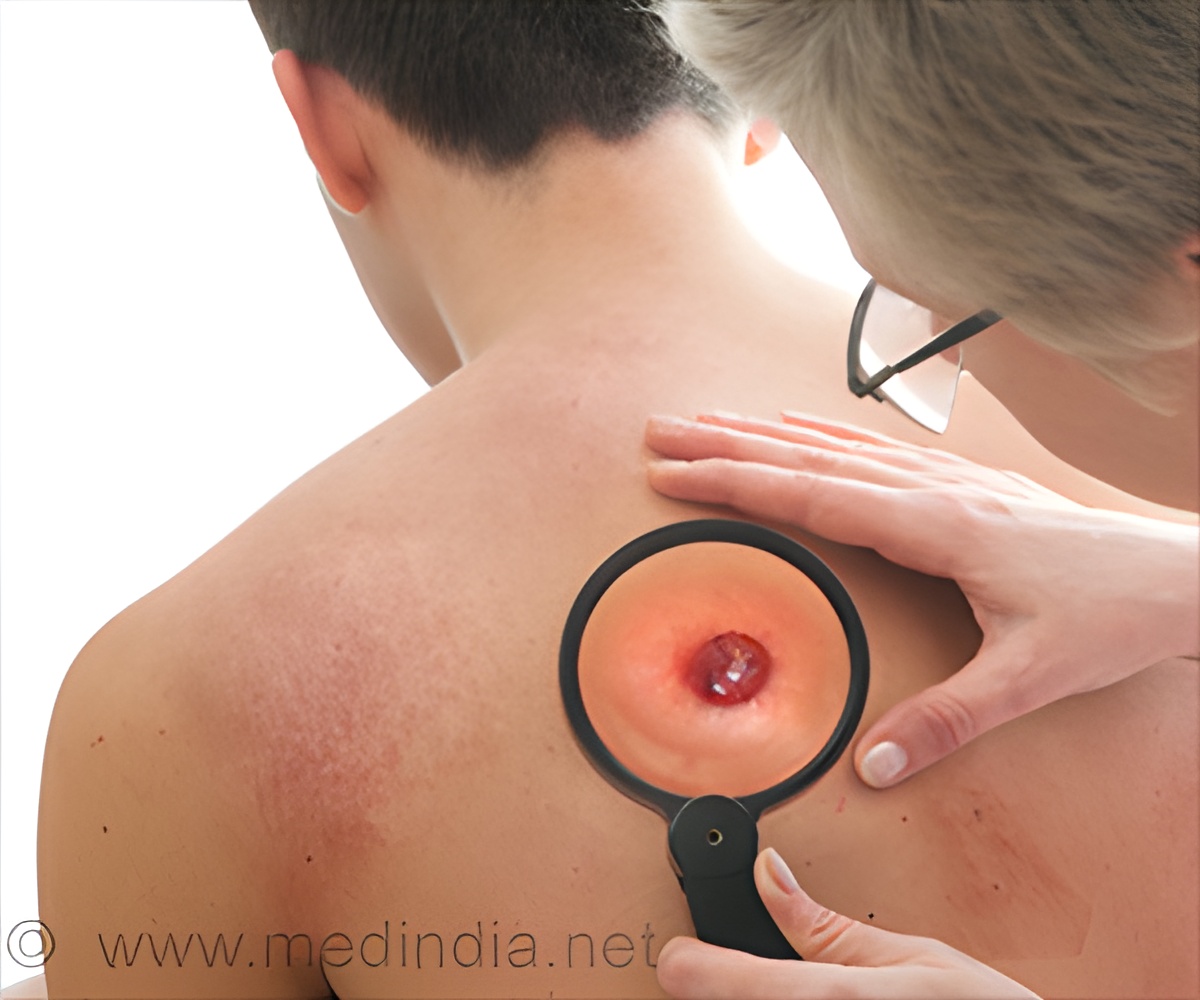Starting immunotherapy before surgery instead of waiting until after surgery significantly improves the outlook for advanced skin cancer patients.

Use of Immunotherapy in Melanoma
The study demonstrates the same treatment for resectable melanoma given before surgery can generate better outcomes. In this case, researchers used the immune checkpoint inhibitor pembrolizumab.‘Giving pembrolizumab drug before the melanoma is removed leads to a greater response than giving it after surgery.’





This treatment relies on the presence of pre-existing T cells coming in contact with cancer cells in the body to generate an immune response, and we found that starting treatment before the melanoma is removed – and with it, the bulk of tumor-specific T cells – leads to a greater response than giving it after surgery. The mechanism of action of immune checkpoint inhibitors such as pembrolizumab is often described as “taking the brakes off” the immune system’s response to tumor cells.
Researchers hypothesized that there would be a larger anti-tumor immune response and longer immunologic memory if pembrolizumab was administered while the melanoma tumor was still in the body as opposed to after that tumor had been removed when the immune system would be responding primarily to micrometastatic cancer cells.
How Successful is Immunotherapy for Melanoma?
To test this hypothesis, they enrolled 345 participants with stage IIIB through stage IV melanoma that was deemed operable. Participants ages 18-90 were randomized to receive either upfront surgery followed by 200 mg of pembrolizumab every three weeks (adjuvant-only) for a total of 18 doses, or 200 mg of pembrolizumab every three weeks for three doses leading up to surgery (neoadjuvant-adjuvant), then an additional 15 doses following surgery.The primary endpoint measured was the duration of event-free survival, defined as the time from randomization to the occurrence of one of the following: disease progression or toxicity that resulted in not receiving surgery, failure to begin adjuvant therapy within 84 days of surgery, melanoma recurrence after surgery, or death from any cause.
With a median follow-up of 14.7 months, event-free survival was significantly longer in the neoadjuvant-adjuvant therapy arm, with a hazard ratio of 0.58 when compared to the adjuvant therapy arm, which corresponds to a 42% lower event rate in the patients receiving the neoadjuvant regimen.
Advertisement
Based on the findings, patients with high-risk melanoma should start immunotherapy before surgery to generate an immune response while the bulk of the melanoma and the anti-tumor T cells are intact.
Advertisement
Source-Eurekalert















